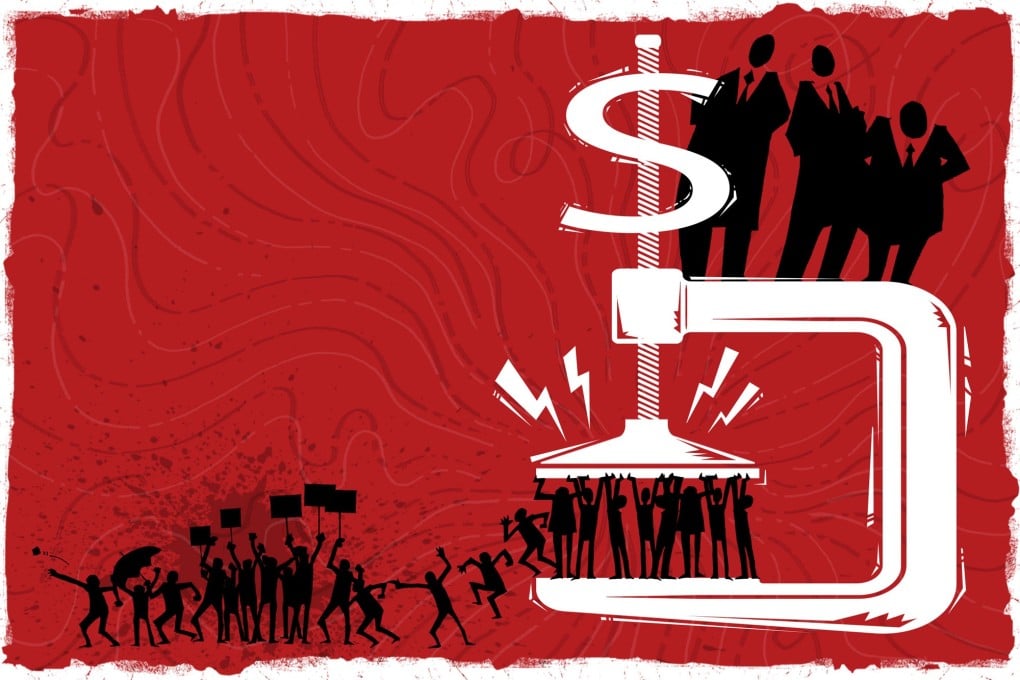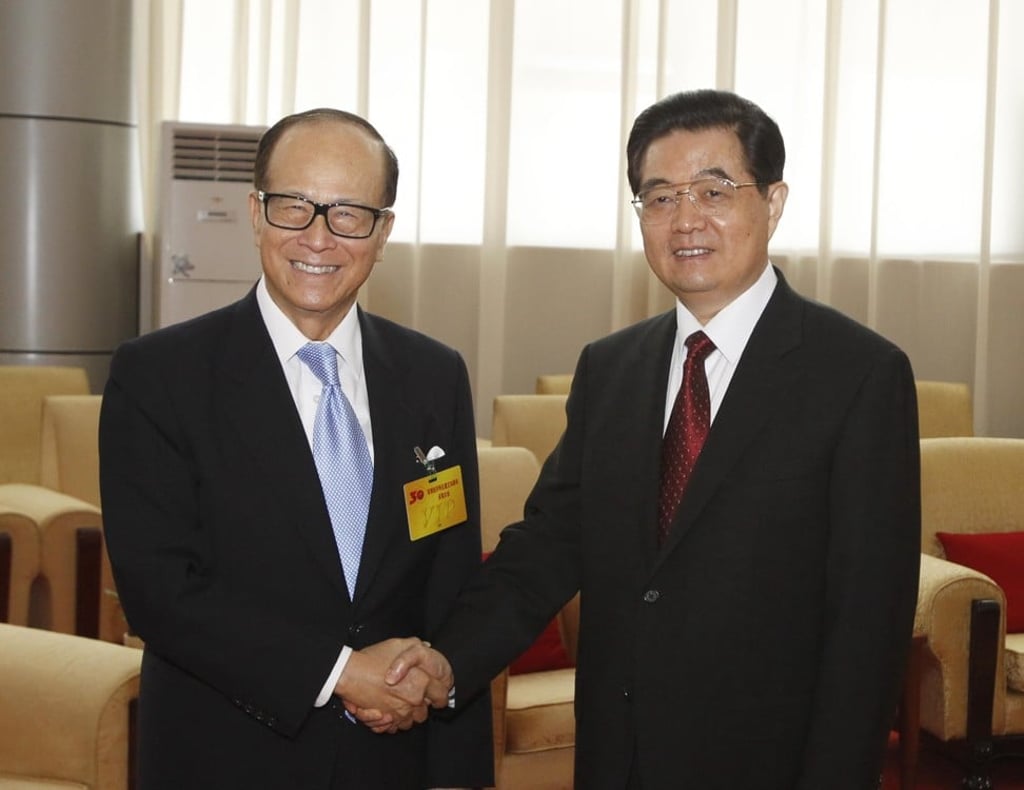Developers’ cosy ties with politics may explain Hong Kong’s biggest woe: widening income gap in the least affordable city on Earth
- In a series of in-depth articles on the unrest rocking Hong Kong, South China Morning Post goes behind the headlines to look at the underlying issues, current state of affairs, and where it is all heading
- In this latest instalment, the Post looks at the cosy ties between Hong Kong’s business elites and politics in the city and in Beijing

As Hong Kong’s unprecedented outbursts of civic unrest enter their 14th week, the link between business and politics – and its implication for the daily lives of the city’s 7.5 million residents – is coming under increasing scrutiny, while activists, policymakers and academics alike seek to explain the anger that seethes under one of Asia’s most prosperous urban centres.

The roots of Hong Kong’s entangled ties between business and politics can be traced to the city’s colonial history, when hometown business elites were also local community leaders, endorsed and endowed by administrators with influence and leadership roles.
In the city’s first post-colonial administration after 1997, businessmen made up eight of the 11 non-official members of Tung Chee-hwa’s cabinet. The ratio was little changed at 70 per cent under Tung’s successor Donald Tsang Yam-kuen, falling to half during Leung Chun-ying’s term from 2012 to 2017.
